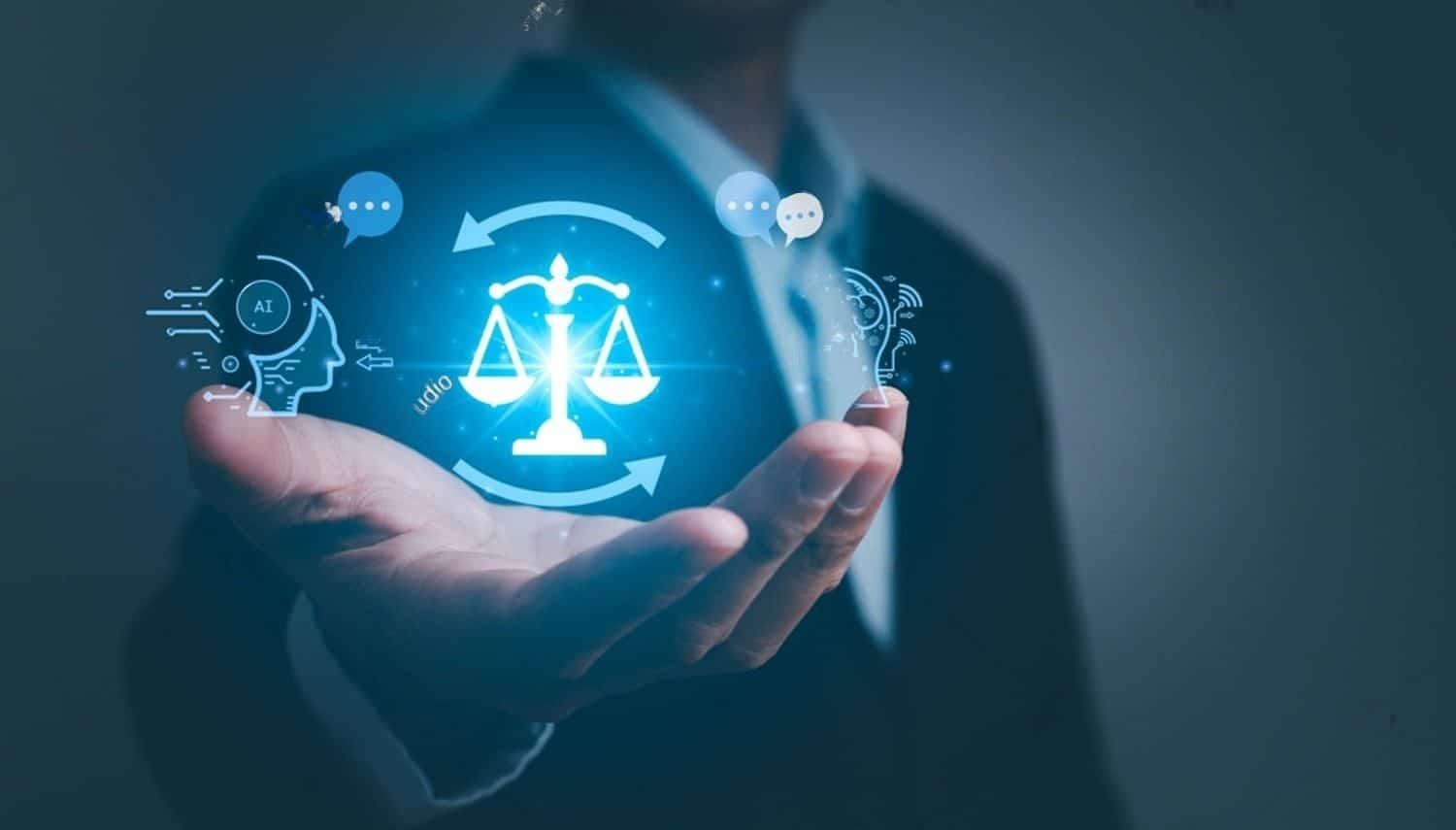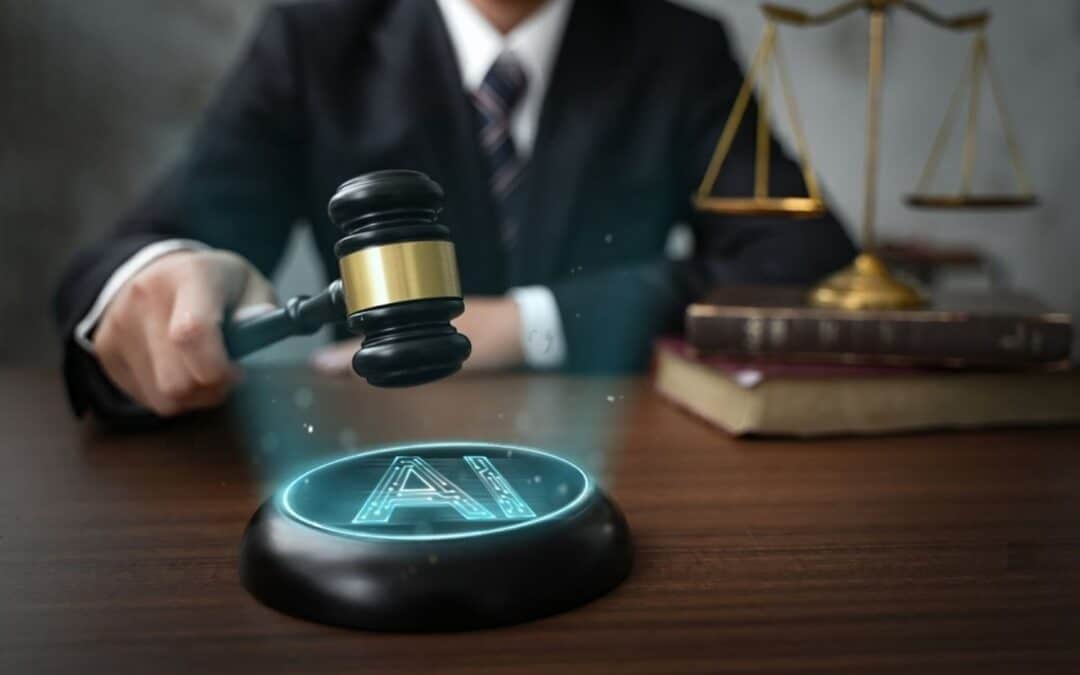Introduction
The United Arab Emirates (UAE) has emerged as a pioneer in integrating Artificial Intelligence (AI) into various sectors, supported by robust governmental strategies and legal frameworks. This article delves into the UAE’s approach to AI adoption, focusing on data protection, liability issues, antitrust laws, and state support for AI development.

UAE AI Legal Framework
Data Protection and Privacy
In September 2023, the Dubai International Financial Centre (DIFC) introduced amendments to its Data Protection Regulations, specifically addressing the use of AI in processing personal data. These regulations impose specific obligations on entities deploying autonomous and semi-autonomous systems, ensuring responsible data management.
Key Provisions:
The regulation outlines “autonomous and semi-autonomous systems,” highlighting machine-based systems with varying human intervention levels that process personal data.
Similar to the traditional data protection framework, deployers (controllers) and operators (processors) are defined, with deployers bearing primary accountability.
Entities must provide clear notifications at the onset of system usage, detailing the technology, processing mechanisms, and potential implications on individual rights.
Emphasis is placed on unbiased algorithmic decisions and data confidentiality, with protocols for “High-Risk Processing Activities” including audits and certifications.
The UAE’s commitment to data protection in AI is evident, though specific protections are yet to be seen under the Abu Dhabi Global Market Data Protection Regulations and the UAE Federal Personal Data Protection Law.
Criminal Liability
The UAE’s legal system addresses corporate criminal liability under the Penal Code. If an AI system, acting on behalf of a company, commits a criminal act, the company could be held liable. This framework is based on the principles of “actus reus” (the criminal act) and “mens rea” (the intent).
AI’s autonomous nature raises complex legal questions, especially in scenarios where an AI system acts beyond its programming, potentially leading to criminal conduct. Establishing liability involves scrutinizing both the act and the intent, highlighting the need for evolving legal principles to address AI’s growing capabilities.
Civil Liability
The UAE Civil Transactions Law establishes liability for individuals controlling objects requiring special care, which can extend to AI systems. This framework could hold controllers of AI systems accountable for the harm caused by improper management.
The law’s general provisions on harmful acts and obligations in contracts provide a basis for addressing AI-related incidents. As AI integrates into various sectors, there is a need for explicit legal frameworks to manage AI-specific challenges.
Antitrust and Competition Laws
While the UAE Competition Law does not directly reference AI, its provisions can address AI-driven market distortions. Article 5 prohibits agreements that restrict competition, which can apply to AI algorithms used for pricing and market segmentation.
Article 6 addresses the abuse of dominant market positions, relevant to companies leveraging AI to enhance market power. The law ensures fair competition, requiring companies to navigate AI usage carefully to avoid anti-competitive practices.

UAE AI Legal Framework
Government Initiatives and Support
National AI Strategy
The UAE’s AI Strategy is ambitious, aiming to establish the country as a global AI leader by 2031. Key initiatives include:
Building a reputation as an AI hub, ensuring governance, and promoting industry collaboration.
Attracting and training talent, with a strong emphasis on education and upskilling.
Targeting sectors like healthcare, transport, and energy for AI integration.
Capacity Building
Institutions like the Mohamed bin Zayed University of Artificial Intelligence (MBZUAI) and partnerships with global entities like Mastercard highlight the UAE’s investment in AI research and talent development.
Regulatory and Ethical Frameworks
The UAE’s approach includes establishing governance bodies like the Emirates Council for Artificial Intelligence and Digital Transactions, ensuring AI deployment aligns with ethical standards and safety concerns.
AI and Coding License
The DIFC’s AI and coding license aims to attract AI companies and coders, fostering innovation within the UAE’s fintech and innovation ecosystem.
Conclusion
The UAE’s comprehensive approach to AI development combines strategic initiatives, robust legal frameworks, and international collaborations. As AI continues to transform various sectors, the UAE remains committed to ensuring responsible, ethical, and transparent AI deployment, positioning itself as a global leader in the AI landscape.
You can benefit from the free consultation for 30-min, and get the help you need from the best lawyers in Dubai, whether you’re in the region or not!



